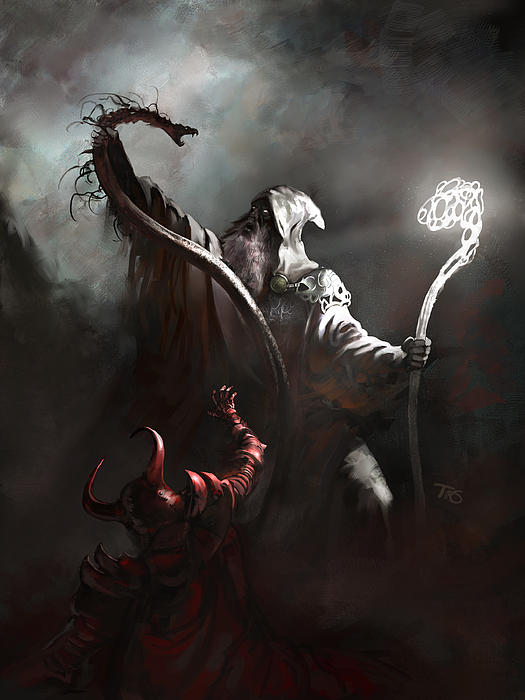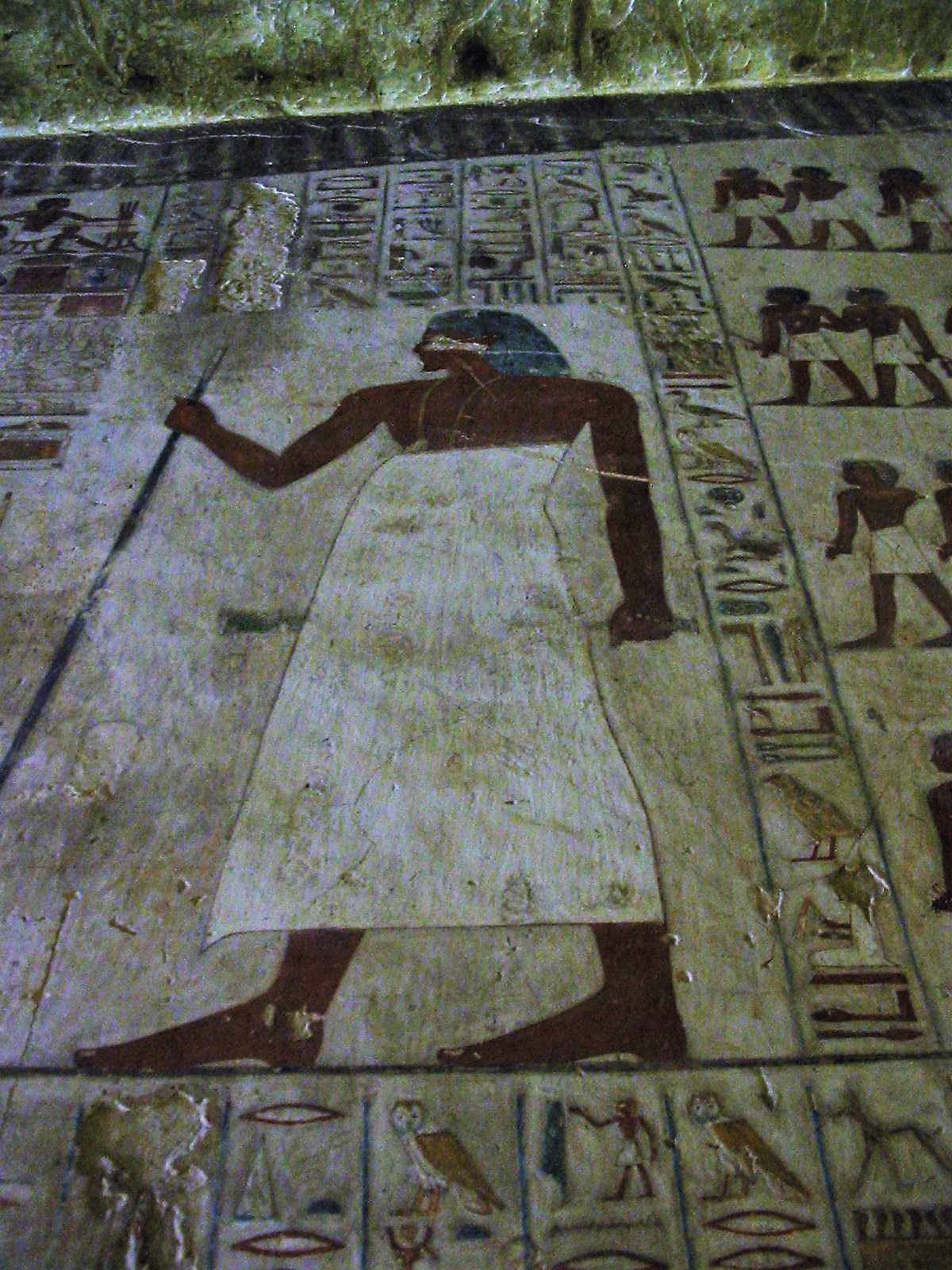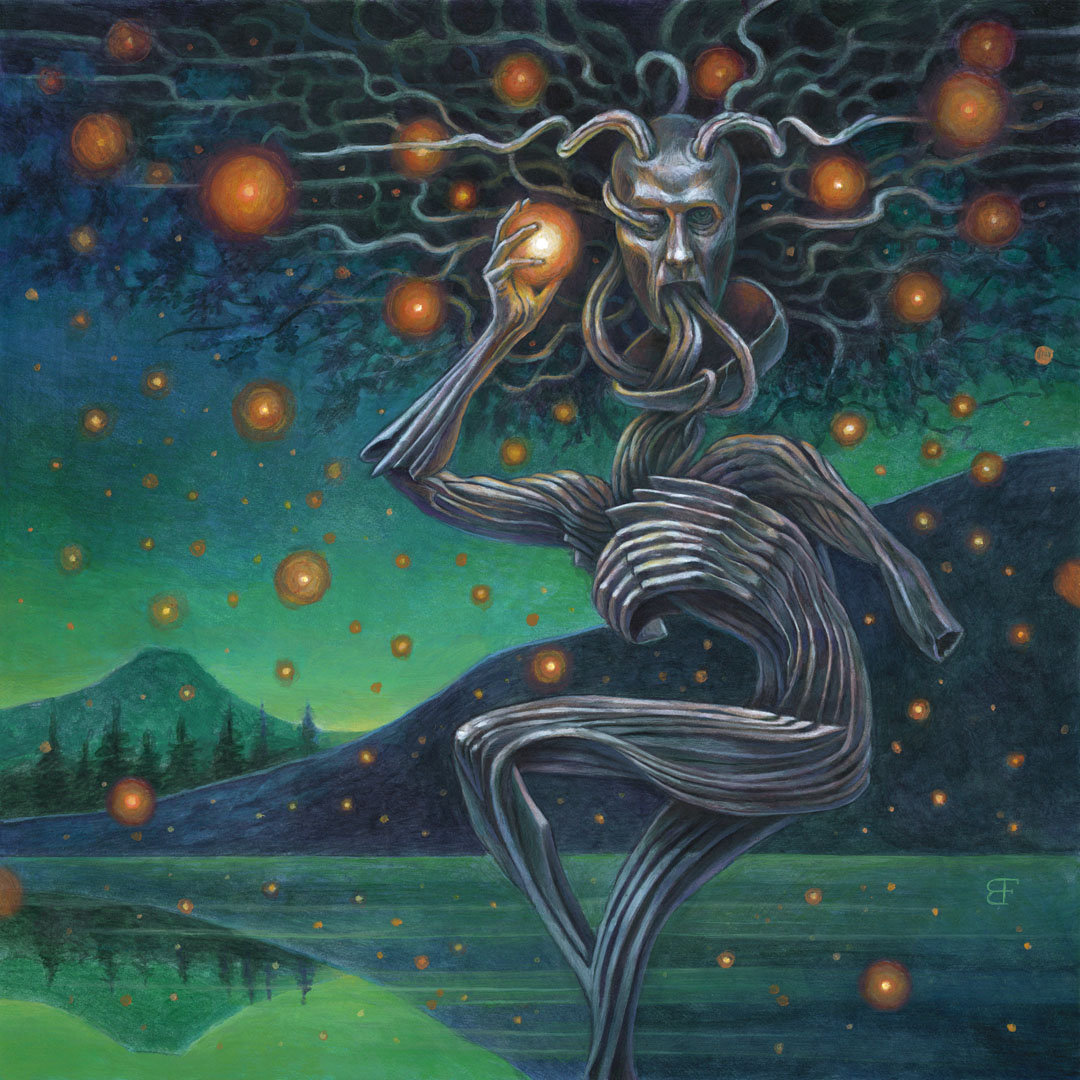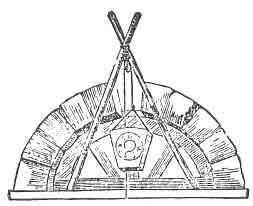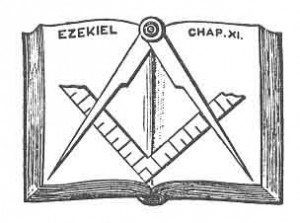Man is no bubble upon the sea of his fortunes, helpless and irresponsible upon the tide of events. Out of the same circumstances, different men bring totally different results. The same difficulty, distress, poverty, or misfortune, that breaks down one man, builds up another and makes him strong. It is the very attribute and glory of a man, that he can bend the circumstances of his condition to the intellectual and moral purposes of his nature, and it is the power and mastery of his will that chiefly distinguish him from the brute.
The faculty of moral will, developed in the child, is a new element of his nature. It is a new power brought upon the scene, and a ruling power, delegated from Heaven. Never was a human being sunk so low that he had not, by God’s gift, the power to rise, Because God commands him to rise, it is certain that he can rise,
p. 193
[paragraph continues] Every man has the power, and should use it, to make all situations, trials, and temptations instruments to promote his virtue and happiness; and is so far from being the creature of circumstances, that he creates and controls them, making them to be all that they are, of evil or of good, to him as a moral being.
Life is what we make it, and the world is what we make it. The eyes of the cheerful and of the melancholy man are fixed upon the same creation; but very different are the aspects which it bears to them. To the one, it is all beauty and gladness; the waves of ocean roll in light, and the mountains are covered with day. Life, to him, flashes, rejoicing, upon every flower and every tree that trembles in the breeze. There is more to him, everywhere, than the eye sees; a presence of profound joy on hill and valley, and bright, dancing water. The other idly or mournfully gazes at the same scene, and everything wears a dull, dim, and sickly aspect. The murmuring of the brooks is a discord to him, the great roar of the sea has an angry and threatening emphasis, the solemn music of the pines sings the requiem of his departed happiness; the cheerful light shines garishly upon his eyes and offends him. The great train of the seasons passes before him like a funeral procession; and he sighs, and turns impatiently away. The eye makes that which it looks upon; the ear makes its own melodies and discords; the world without reflects the world within.
Let the Mason never forget that life and the world are what we make them by our social character; by our adaptation, or want of adaptation to the social conditions, relationships, and pursuits of the world. To the selfish, the cold, and the insensible, to the haughty and presuming, to the proud, who demand more than they are likely to receive, to the jealous, ever afraid they shall not receive enough, to those who are unreasonably sensitive about the good or ill opinions of others, to all violators of the social laws, the rude, the violent, the dishonest, and the sensual,–to all these, the social condition, from its very nature, will present annoyances, disappointments, and pains, appropriate to their several characters. The benevolent affections will not revolve around selfishness; the cold-hearted must expect to meet coldness; the proud, haughtiness; the passionate, anger; and the violent, rudeness. Those who forget the rights of others, must not be surprised if their own are forgotten; and those who stoop to the lowest embraces of sense must not wonder, if others are not concerned to
p. 194
find their prostrate honor, and lift it up to the remembrance and respect of the world.
To the gentle, many will be gentle; to the kind, many will be kind. A good man will find that there is goodness in the world; an honest man will find that there is honesty in the world; and a man of principle will find principle and integrity in the minds of others.
There are no blessings which the mind may not convert into the bitterest of evils; and no trials which it may not transform into the noblest and divinest blessings. There are no temptations from which assailed virtue may not gain strength, instead of falling before them, vanquished and subdued. It is true that temptations have a great power, and virtue often falls; but the might of these temptations lies not in themselves, but in the feebleness of our own virtue, and the weakness of our own hearts. We rely too much on the strength of our ramparts and bastions, and allow the enemy to make his approaches, by trench and parallel, at his leisure. The offer of dishonest gain and guilty pleasure makes the honest man more honest, and the pure man more pure. They raise his virtue to the height of towering indignation. The fair occasion, the safe opportunity, the tempting chance become the defeat and disgrace of the tempter. The honest and upright man does not wait until temptation has made its approaches and mounted its batteries on the last parallel.

Moe is the founder of GnosticWarrior.com. He is a father, husband, author, martial arts black belt, and an expert in Gnosticism, the occult, and esotericism.


